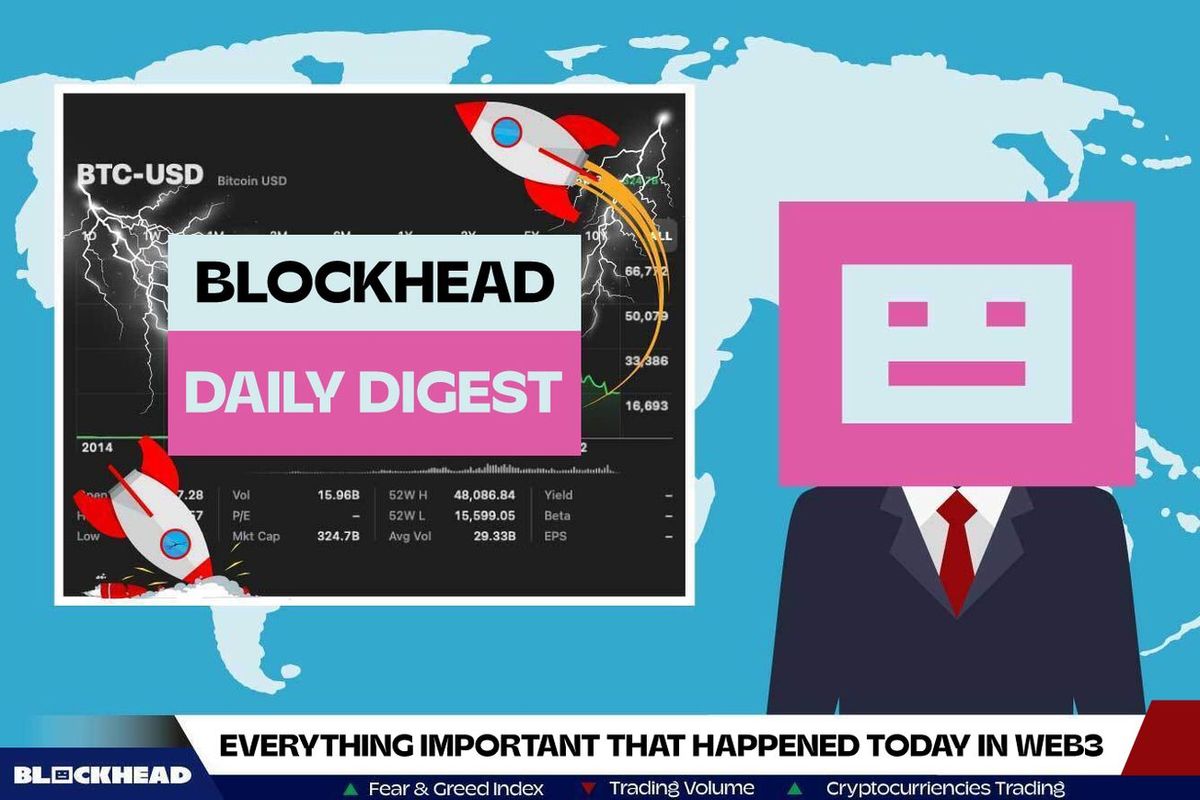Table of Contents
Comments from seven years ago made by Ripple CEO Brad Garlinghouse are coming back to haunt him in a new lawsuit.
According to the lawsuit, which a California federal court judge greenlighted, Garlinghouse allegedly made "misleading statements" in a 2017 interview.
The interview in question featured Garlinghouse talking to Canada's BNN Bloomberg in 2017 in which he stated that he was "very, very long" on XRP.
Plaintiffs are now arguing that this statement was misleading as Garlinghouse went on to sell “millions of XRP on various cryptocurrency exchanges” in the same year.
On 20 June, Judge Phyllis Hamilton dismissed four allegations that Ripple failed to "register XRP as a security" but allowed the allegations regarding Garlinghouse's misleading comments to move ahead.
Dating back to a 2020 lawsuit, the SEC accused Ripple of conducting an unregistered securities offering worth $1.3 billion by selling XRP, holding Garlinghouse and Ripple co-founder Chris Larsen accountable.
Last July, the judge in the Southern District of New York ruled that XRP is “not necessarily a security on its face.”
“Accordingly, the SEC’s motion for summary judgment on the aiding and abetting claim against Larsen and Garlinghouse is denied,” the order from Judge Analisa Torres detailed.

Ripple's lawyers have argued that the claim should be thrown out as XRP does not qualify as a "security under the Howey Test and “thus cannot give rise to a claim for misleading statements in connection with a security.”
Hamilton said on Thursday that Ripple's lawyers urged her to “follow the reasoning” of Judge Torres. However, Hamilton argued slightly differently to Torres by stating that XRP sold to "programmatic" traders - IE non-institutional - should be regarded as a security.
“The court declines to find as a matter of law that a reasonable investor would have derived any expectation of profit from general cryptocurrency market trends, as opposed to Ripple’s efforts to facilitate XRP’s use in cross-border payments, among other things,” Hamilton explained.

“Accordingly, the [court] cannot find as a matter of law that Ripple’s conduct would not have led a reasonable investor to have an expectation of profit due to the efforts of others.”
Ripple’s chief legal officer Stu Alderoty said in a statement, “We are pleased that the California court dismissed all class action claims. The one individual state law claim that survived will be dealt with at trial. The ruling from Judge Torres in the SEC case still stands and nothing here disturbs that decision."











